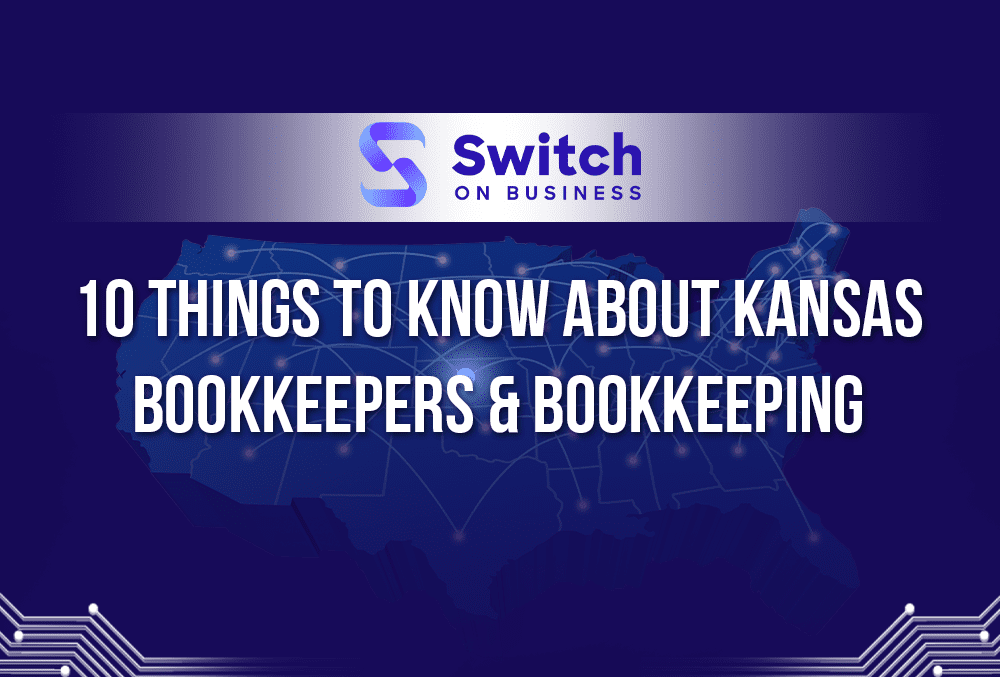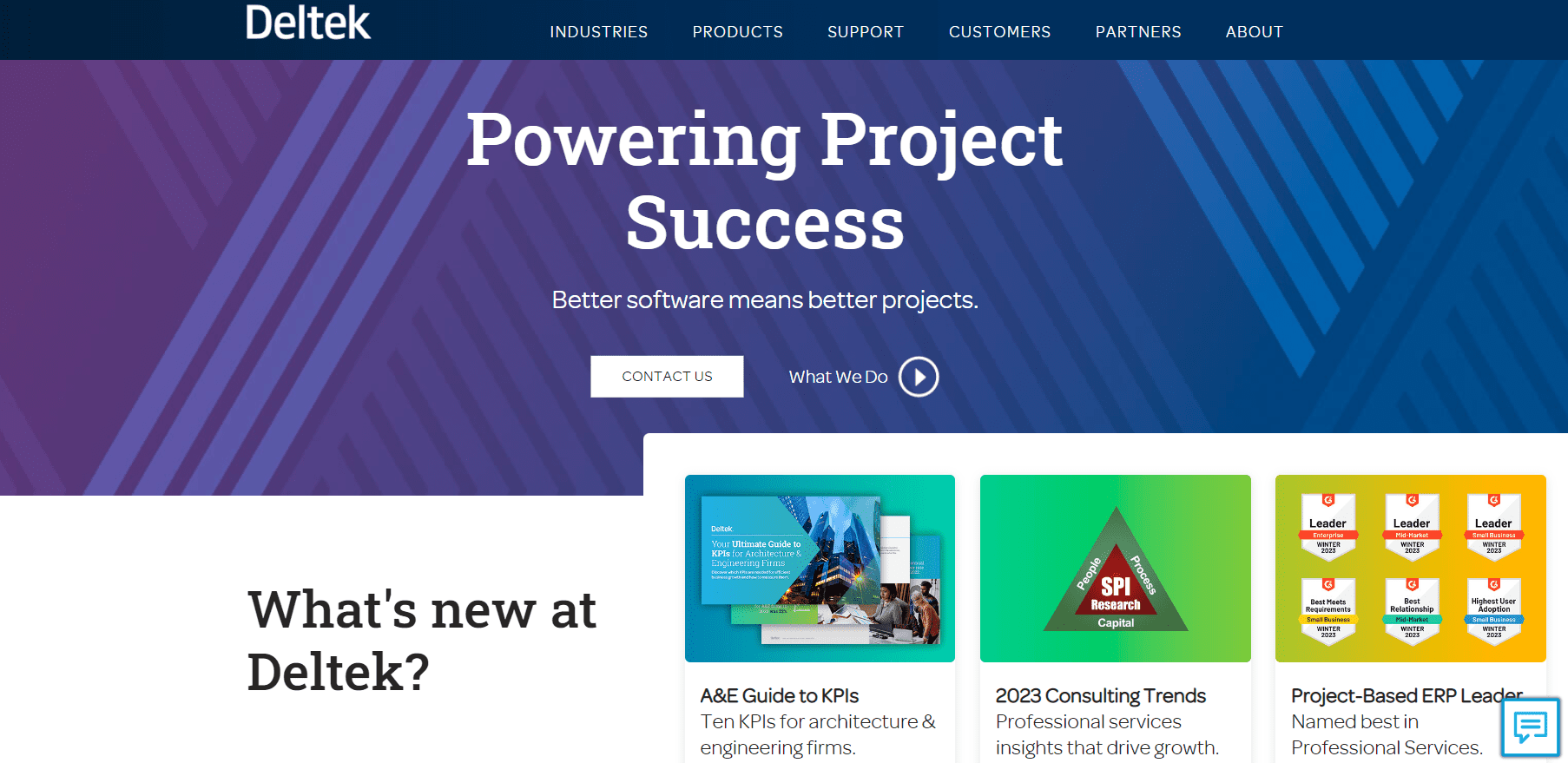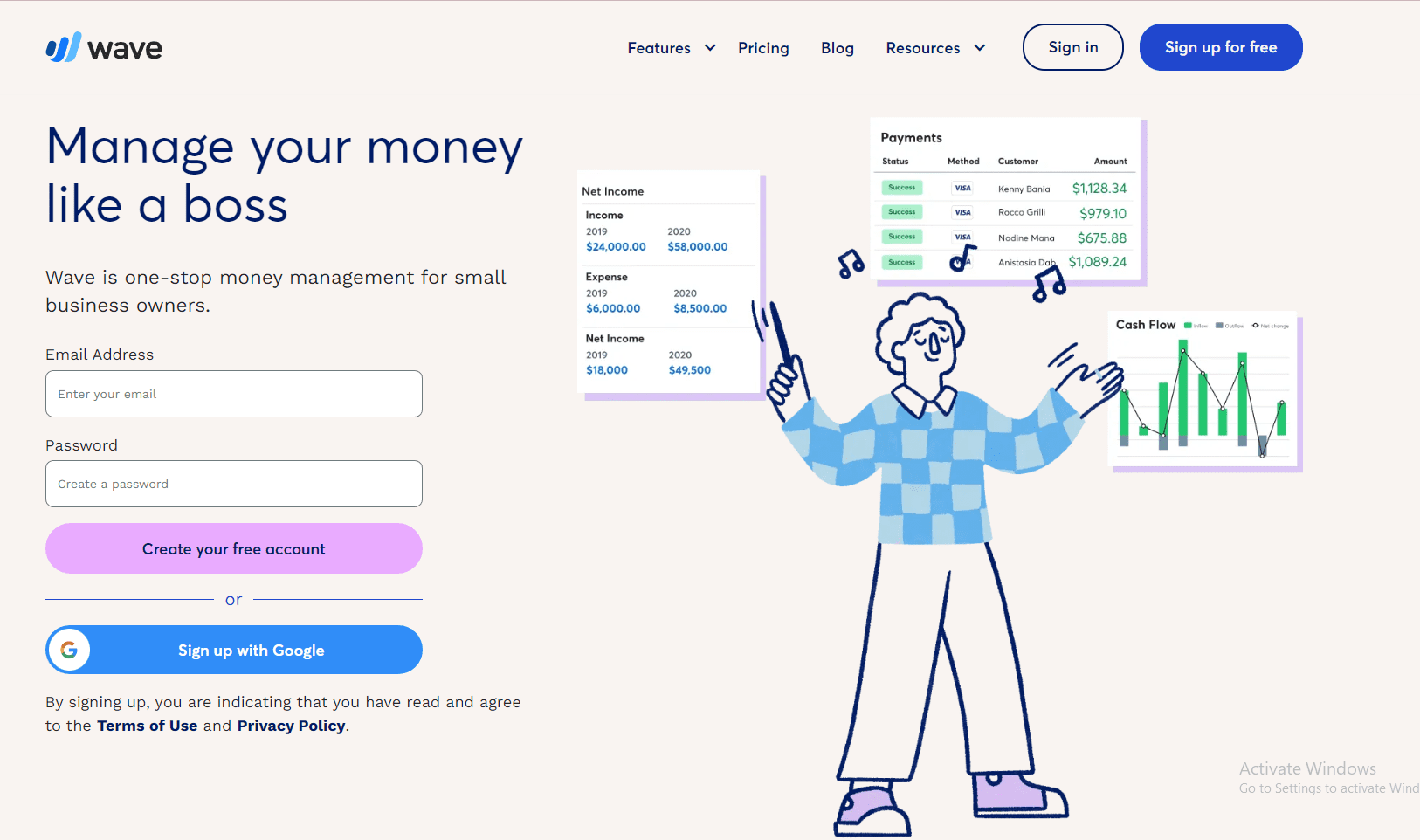
In this article, we’ll cover 10 things to know about Kansas bookkeepers and bookkeeping to help you find a great bookkeeper for your company or become one in this state.
1. How Much Do Kansas Bookkeepers Cost?
Employing a bookkeeper in Kansas costs around $20 per hour on average. You can use bookkeeping software as the least expensive alternative; prices range from $0 to $300 per month.
In addition, you can hire one of the top freelance bookkeepers in Kansas on Upwork for $10-$100 per hour.
Overall, the bookkeeper’s cost is determined by the services you want, their education level, experience, and certifications.
2. What Are Typical Bookkeeper Hourly Rates in Kansas?
The following is a list of the various hourly rates that you will come across when seeking a part-time bookkeeper in the state of Kansas:
- Indeed: Average: $18.42 per hour (high: $25.99; low: $13.06)
- Payscale: Average: $15.17 per hour
- Glassdoor: Average: $17 per hour (high: $21; low: $13)
- Bookkeepers.com: Average: $15.90 per hour.
- Pilot: $17.25 per hour.
According to data from May 2021, which is the most recent update by the U.S. Department of Labor, the following hourly rates were in effect for bookkeepers in Kansas:
- Entry Level: $11.35 per hour
- Mean: $18.21 per hour
- Experienced: $25.84 per hour
3. What Is The Average Bookkeeper Salary in Kansas?
Now, let’s see what the average range of a full-time Kansas bookkeeper’s salary is:
- Indeed: Average $37,569 per year (high: $52,991; low: $26,635)
- Salary.com: Average $40,571 per year (high: $45,111; low: $36,062)
- Zippia: Average: $33,514 per year (high: $43,000; low: $26,000)
- Salary Expert: $42,322 per year (high: $51,192; low: $31,688)
- Talent.com: Average: $39,975 per year (high: $50,238; low: $33,900)
The latest data by the U.S. Bureau of Labor and Statistics from 2021 shows us the salary ranges of a full-time Kansas bookkeeper.
- Entry: $23,610.00 per year
- Mean: $37,880.00 per year
- Experience: $53,740.00 per year
4. What Does a Kansas Bookkeeper Do?
According to the Occupational Outlook Handbook by the Bureau of Labor and Statistics, bookkeepers’ responsibilities in Kansas are as follows:
- Maintain various financial documents, such as the company’s profit and loss statement, expenses, accounts payable, and accounts receivable.
- Verify the correctness of data, computations, and transactions.
- Do simple arithmetic.
- Insert data from invoices and other receipts into a database, spreadsheet, or accounting software.
- Keep records and perform calculations through a computer.
- Compute, organise, and record numerical data to maintain complete financial records.
- Handle payroll, make purchases, keep track of overdue accounts, and prepare invoices.
5. How To Become A Bookkeeper in Kansas
Anyone who is interested in a career as a bookkeeper is required to have at least a high school education, as stated by the Bureau of Labor Statistics (BLS). If you have higher education or a certificate in a relevant field, such as business, you can find a bookkeeping job more easily. That being said, the majority of firms provide on-the-job training, so anyone with the following skills can start their bookkeeping career:
- Math skills
- Detail oriented
- Computer skills
6. Do You Need To Be Certified or Licensed To Be a Kansas Bookkeeper?
Kansas does not require bookkeepers operating in the state to be licensed or certified.
Because the educational requirements are relatively relaxed, potential bookkeepers can get training while on the job. The training involves getting familiar with computer software and practices in the bookkeeping industry. The minimum requirement is a high school diploma and some basic math skills.
Although not required, an individual can become a Certified Bookkeeper (CB) through the American Institute of Professional Bookkeepers (AIPB). With this certification, bookkeepers can prove their expertise and find better-paying jobs.
7. Can I Take Any Bookkeeping Classes in Kansas?
Kansas has various accounting courses. Some are online, others are in person. Here is a list of Kansas’ best bookkeeping classes, according to Nobledesktop:
- QuickBooks Desktop Introduction for $695 and QuickBooks Desktop Beyond the Basics
- for $695 at ONLC Training Centers.
- NYIM’s Training Intro to Financial Accounting for $325.
- Career Center’s Intro to Financial Accounting for $325.
- QuickBooks Desktop Edition: Basic for $435, QuickBooks Online Edition: Basic for $450, and QuickBooks Desktop Edition: Advanced for $435 at Certstaffix Training.
- City Lit’s Introduction to business accounting for $219.
- The Knowledge Academy’s Bookkeeping Training for $1,095, and Introduction to Payroll for $1,095.
8. What Software Can I Use For Bookkeeping in Kansas?
Businesses in the state of Kansas have access to a diverse selection of accounting software packages to meet their needs, which are often used by self-employed people, relatively small businesses, or both.
Let’s examine the top five software packages in Kansas:
I. Deltek

With Deltek, you can develop accurate estimates, and increase utilisation and profitability. You will get access to features such as:
- Incorporating automated workflows
- Real-time reporting
- Integrated analytics
- Accounting software solutions
Front Office and Back Office suites begin at $30 per month per user, whereas the Rapid Launch bundle is priced on an individual basis.
II. FreshBooks

FreshBooks is essentially a billing system with bookkeeping capabilities. Pros of using this bookkeeping software are its ability to produce automation of invoices and affordability. The monthly price starts from $15.
Cons are the limited capacity of clients when it comes to Lite or Plus plans and difficulty to contact customer support.
Visit the FreshBooks website at the following link.
III. Sage50

Sage‘s basic plan lacks some features, but it contains all the essentials for an affordable price. Moreover, there is a 30-day free trial with no credit card required.
Sage Accounting’s $25 per month package offers an unlimited number of users who may use the platform from anywhere. The Sage Accounting Start plan solely allows a single user, making it ideal for freelance bookkeepers.
III. Wave

Wave‘s two plans that we are interested in – Invoicing and Accounting, are both free and available for registration. This software is reasonably priced for small enterprises on a tight budget. Wave offers access to all features via their website or mobile app. One of the cons of Wave is that it charges per-payment processing charges based on a per-transaction basis.
IV. Xero

The basic Xero plan is restricted, while the premium plans offer many additional features at a fair monthly cost. Several instructional resources are available for setup and use. The basic plan has invoice and billing limitations and no live customer support.
Xero’s initial plan costs $12 per month.
V. QuickBooks

QuickBooks is simple to use, and it provides a variety of features, such as bank inputs, cloud accounting, invoicing, accounting reports, inventory management, monitoring for GST and VAT, an expenditure counter, and more. QuickBooks plans start at $30 per month, and for an additional price, you can add additional features like time management or payroll to your account.
9. How Many Bookkeepers Are There in Kansas?
According to the most recent update (May 2021) by the US Bureau of Labor, there were around 16,090 bookkeepers in the state of Kansas.
10. Where Can I Find The Best Kansas Bookkeepers?
For the best local bookkeepers in your area in Kansas, just click on your region below:

Leave a Reply